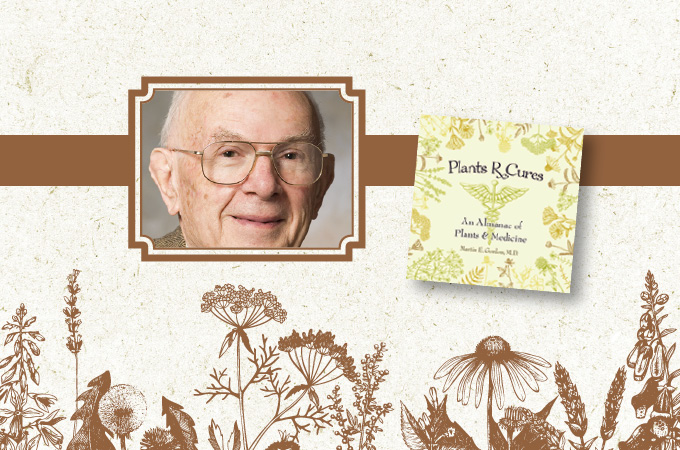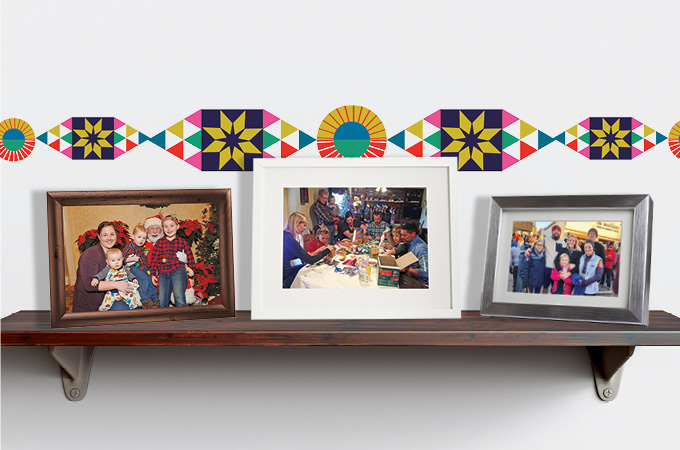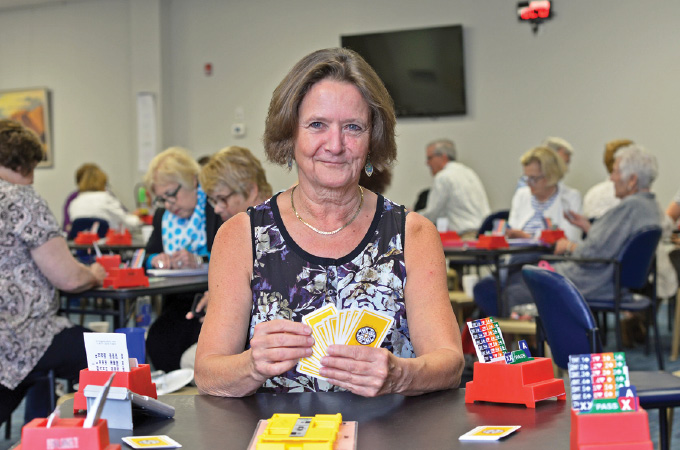When was the last time you carefully considered the ingredients in your food and medicines? Gastroenterologist Dr. Martin Gordon would like you to think about it a lot more, and even at the age of 98, he’s doing his part to spread the word. His book, Plants R Cures: An Almanac of Plants and Medicine, which was released this summer by LifeRich Publishing, explains why green, growing species are at the center of what we eat and how we treat illness.
Many people know that aloe can soothe burns, and cranberries are good for bladder health. But did you know that garlic can help regulate cholesterol, capsicum peppers provide pain relief, and ginger helps prevent nausea? Or that deeply colored vegetables and fruits often have richer stores of nutrients? These are just a few of the countless ways plants enrich our lives, and Gordon wants people to know that consuming them in their natural form is a smart decision for bodily health. On the flip side, he also educates readers about dangerous plants and their toxic side effects.
At its heart, the book is intended to improve the public’s knowledge and foster better communication between physicians and patients. “Sometimes, doctors spend more time looking at computer screens than at the people they are treating,” Gordon notes. “I encourage them to be open to what is going on with the whole person. I want them to listen with a ‘third ear’ that focuses on the patient’s concerns, environment, diet and daily habits.” He also hopes the book will encourage people to ask more questions about their own health.
Gordon is a resident of The Gatesworth and recently held a book signing there, visiting with guests and talking about his long career as a doctor and educator. “I first was inspired to think and write about plants’ helpful properties by Peter Raven, the former director of the Missouri Botanical Garden,” he says. “Years ago, he sent me overseas to photograph medicinal herbs and learn about their applications, and my interest grew from there. I realized that many of the products we use are derived from plants, and most of our medicines come from them in some form.”
The physician also has studied the subject of travel illness, trying to improve medical science’s understanding of diseases typical to certain countries and how travelers catch them. He created a tool to help clinicians match patients’ symptoms with conditions that are common in regions they have visited, and the book outlines plant-based remedies for many of them.
Gordon certainly seems to practice the health advice he preaches. He stays active and engaged through writing, photography, videography and a number of other pursuits. “I’ve focused my career on tuning in to the patient,” he says. “I never stop trying to uncover the subtleties that make medicine exciting. There are many amazing aspects of plant life that we haven’t tapped into yet, but I believe the answers are there.”
Plants R Cures is available in print or interactive e-book form at liferichpublishing.com.








